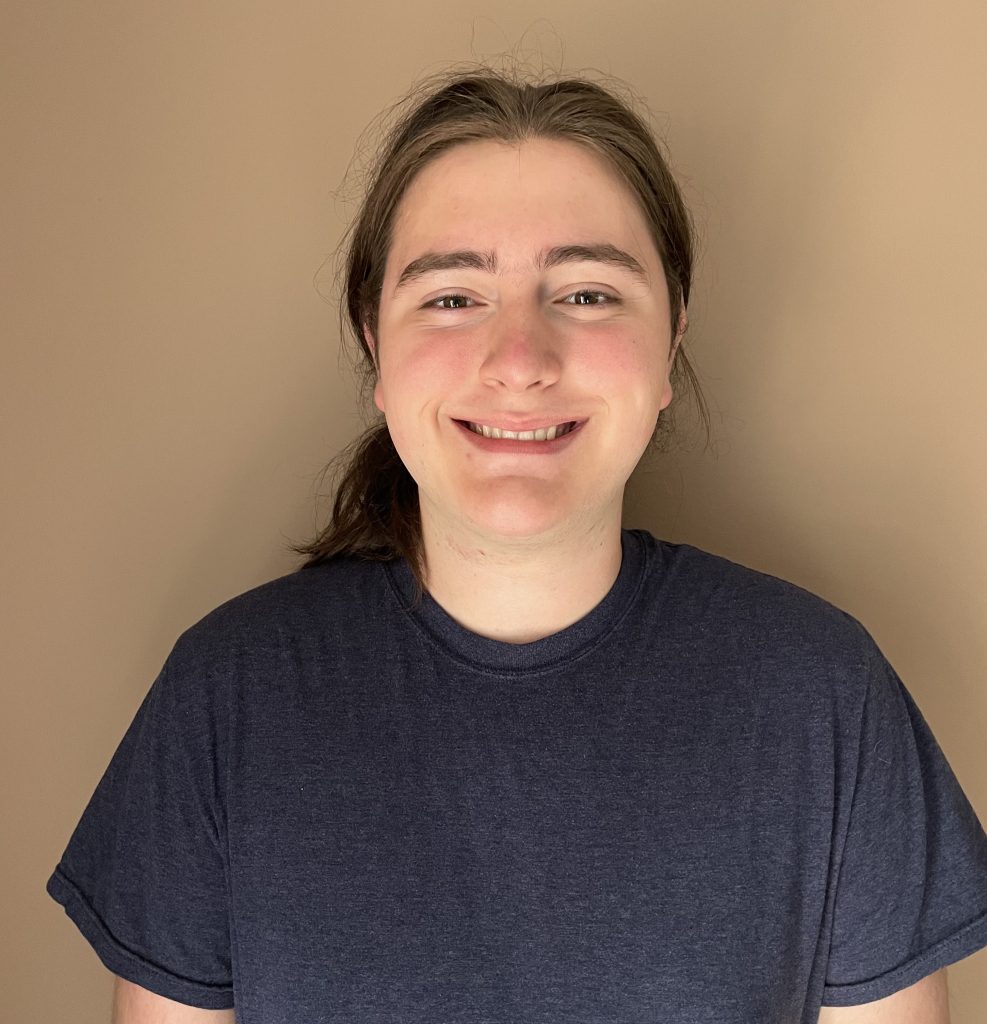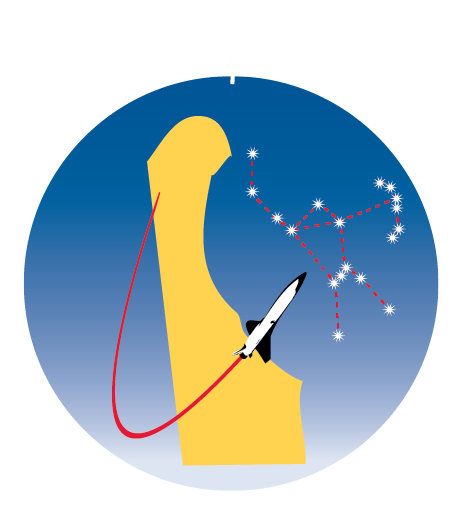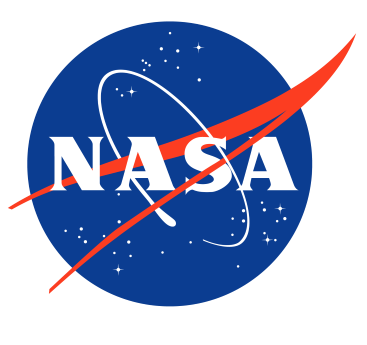
Summer Researcher with Dr. Dwight Higgin
Anthropology, Physics, Environmental Studies
University of Delaware
Connor is a junior in the College of Arts and Sciences at the University of Delaware. He is majoring in Anthropology with a minor in Physics. He is interested in the rapid growth of human cultures through online spaces, and in advocating for people with differing neurology. He hopes to attain a PhD in Anthropology in order to help compile cultural databases for any future necessities.
Connor’s Research Summary:
I have learned a great deal about the research process through my participation in the NASA Space Grant Consortium in Summer 2023. Through the help of my advisors, I was able to construct a
skeleton for what I hope will be a continuous research endeavor. I went into this with the intention of studying online cultures this summer. This was later refined to the online culture of Neurodivergent people and Neurodivergent advocates. This group of people were an exceptional choice, because not only am I a part of the community, the community itself is a prime example of a distinct online presence of an under-represented real world social structure. What appears to be singular group behavior in the physical
world has traceable roots to the virtual space. This not only comprises the shared experience of their symptoms but also a shared response to them. To be specific, the thought movement of pride and acceptance of their symptoms is something I’d like to confirm as primarily online origins. My study is far from wholly comprehensive to date but I have compiled a list of trends I have seen recur throughout my studies.
What I would like to discuss more in this summary is how my advisors and I formed the idea and allowed it to take course. The main topics I would like to discuss are source collection, IRB approvals, and the construction of the research process, as these were the most formative moments in the entire research experience.
As for sources, my advisors helped me improve my search terms, and suggested contacting some of the writers of these materials in order to help with constructing a process. Where I was having trouble
finding any results before, I now have a collection of great suggestions in both the online space and neurodiverse people, and I am confident in my ability to use databases to find more sources. This was previously my greatest point of struggle, and will likely remain as such, but I am consistently improving upon this necessary research skill.
The greatest tangible accomplishment of the summer was a mark of approval from the University of Delaware’s Institutional Review Board. When dealing with human or living subjects in any capacity,
ethical practice is of the highest priority. With a few weeks of dedicated study, I underwent online training in the usage of human subjects for observation or experimentation purposes, with the focus directed into social and behavioral studies. After obtaining a CITI training certificate, I drafted a proposal of my studies for review by UD’s IRB. Originally we wanted to speak with neurodivergent people in the real world about their culture and where they learned it, but we decided it was better to leave that out of the study in order to meet the standards of an exemption from review. Within a week or two, the project was given exemption from review and the research was officially approved. This approval will require renewal annually, or whenever the research format changes from the approved format.
Lastly, I wanted to provide a brief overview of our process and the changing idea of what we should aspire to in the research project, as this was the most formative part of the experience for me. I got
a great sense of the ebb and flow which comes with research, and naturally changing goals to suit the findings. This was evident in the specification of the research group most prominently. It would have been messy to handle multiple cultures at once, and I realized that I needed to make one good example instead of a spread of possible interest groups. The more subtle changes were the most instructive of how research opportunities should function. Things like choosing to take screenshots, or to interact with the online space as a person would naturally interact with it, or even deciding which websites to look at. I learned how every choice must be fine-tuned to best suit the needs of the project, and if a goal is unrealistic with the materials at hand, the goals must be recalibrated.
All and all, the NASA space grant consortium was an incredible opportunity, and taught me how to actualize my goals into tangible results in a scientifically verifiable manner. I hope to continue my
research on my own time or possibly with the aid of my advisors, and I am excited to present the findings of my research next spring.

